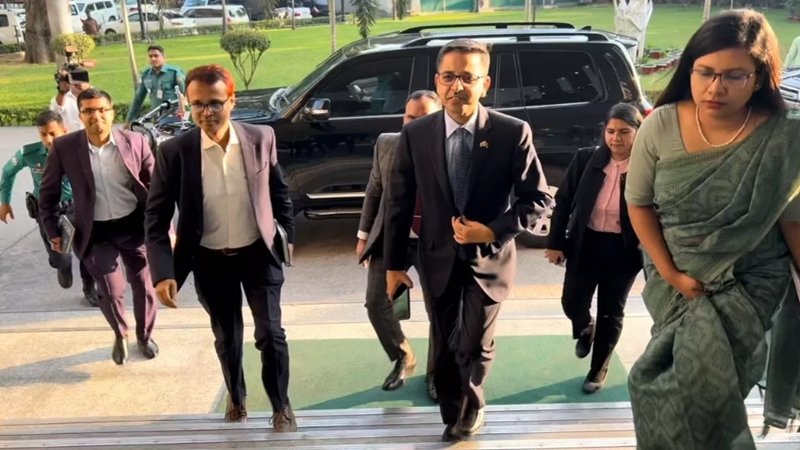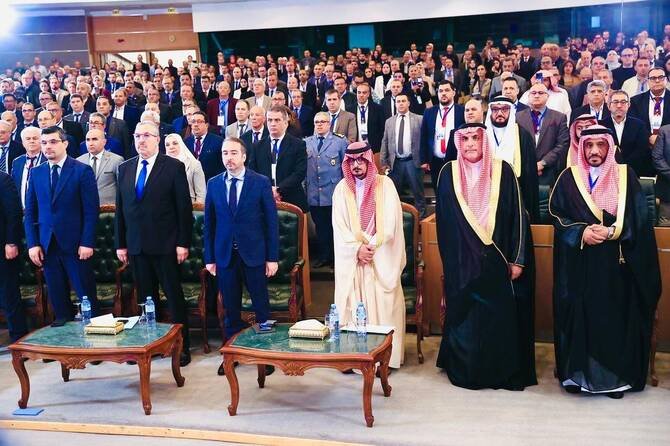India was allegedly trying to build barriers at five specific points along the 4,156-kilometer Indo-Bangladeshi border, according to Bangladesh.

The Bangladeshi Ministry of Foreign Affairs called Indian High Commissioner Pranay Verma on Sunday in response to claims that India was trying to build fences at five specific points along the 4,156-kilometer Indo-Bangladeshi border. Today, the Foreign Ministry called in Nural Islam, the Deputy High Commissioner of Bangladesh to India, to discuss the rising tensions between New Delhi and Dhaka.
A bilateral agreement governing border activity was allegedly broken by these actions.
The state-run Bangladesh Sangbad Sangstha (BSS) news agency reported that Mr. Verma arrived at the Foreign Ministry headquarters in Dhaka at around 3:00 pm local time and spoke with Bangladeshi Foreign Secretary Jashim Uddin for about 45 minutes.
There are agreements between “Dhaka and New Delhi” over border fencing for security. Regarding this, our two border guard enforcements, the Border Security Force and Border Guard Bangladesh (BSF and BGB), have been in contact. We anticipate that this understanding will be put into practice and that fighting crimes along the border will be approached cooperatively’, Mr Verma stated.
In the past, India and Bangladesh have maintained stable diplomatic relations. However, strained relations between the two countries resulted from the removal of former Bangladeshi Prime Minister Sheikh Hasina when her government was overthrown in a student-led revolution and her subsequent asylum in India.
Muhammad Yunus’s interim government in Bangladesh asked India last month to return Ms. Hasina so she could stand prosecution.
In response, India’s foreign ministry stated that it had received the request. “We confirm that we have received a Note Verbale from the Bangladesh High Commission today in connection with an extradition request,” a ministry spokeswoman stated, before adding, “At this time, we have no comment to offer on this matter” .
Ms. Hasina was scheduled to appear in court in November 2024 to answer to allegations of “massacres, killings, and crimes against humanity,” but Dhaka has already issued an arrest warrant for her.
Several of Sheikh Hasina’s supporters have been imprisoned since her rule fell because they are alleged to have participated in a police crackdown that murdered hundreds of civilians during the turmoil that resulted in her overthrow.
Bangladesh announced in November of last year that it would also ask for an Interpol “red notice” alert for her regime’s fugitive leaders.
Although India is a member of Interpol, New Delhi is not required to turn over Hasina despite the red alert because every nation has its own rules governing when and how to make an arrest.




